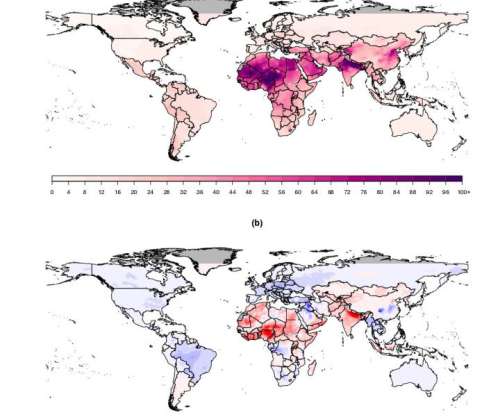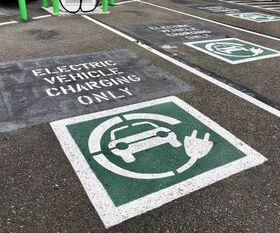Scientists call for careful use of time scales, reference dates and statistical approaches in analyzing climate change trends to avoid distortion and hampering of response
Green Car Congress
JUNE 19, 2012
Demonstrating that the use of different time scales, reference dates, and statistical approaches can generate highly disparate results in climate reports, scientists at the University of Alaska Anchorage argue that careful use of these tools is critical for correctly interpreting and reporting climatic trends in Alaska and other polar regions.



























Let's personalize your content